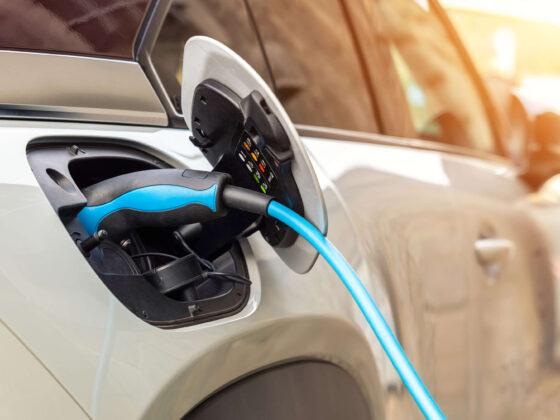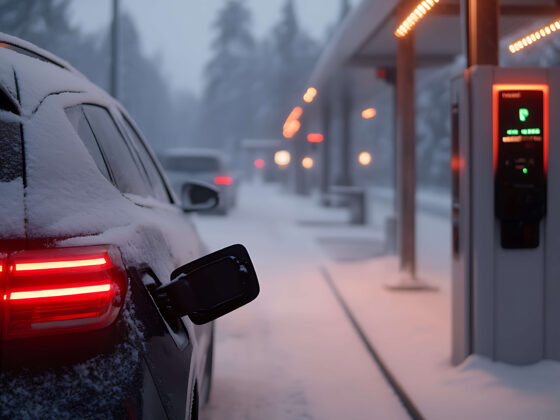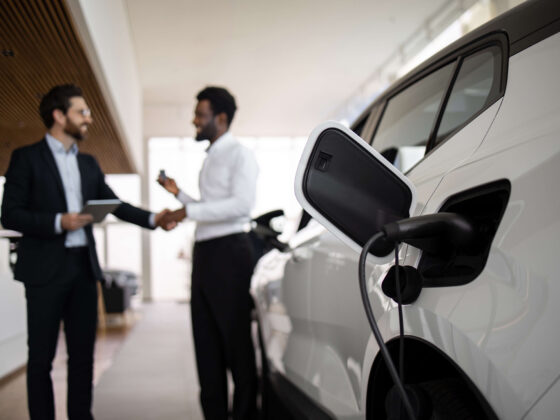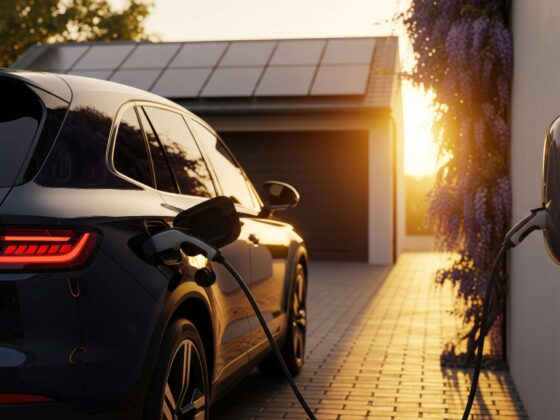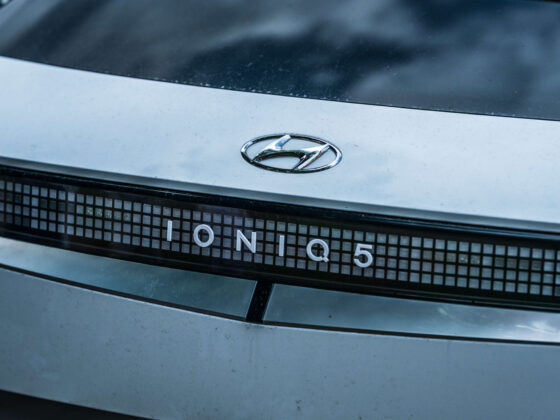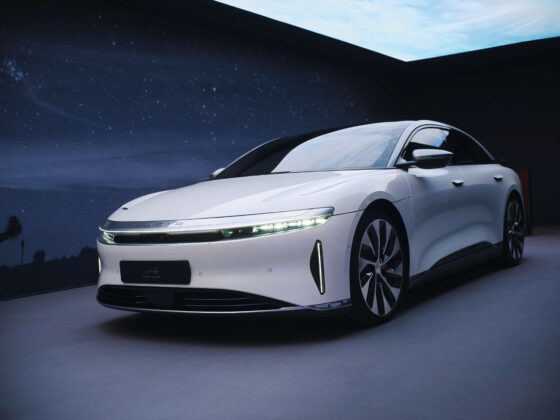Today’s automotive conversations orbit around electric cars, and what it would take for complete independence from gas-powered vehicles. As various states set out their plans and policies to go all-electric, many wonder if the nation’s electric power grid and its infrastructure can handle the added pressure from EV charging needs.
Use eTags© to Quickly Complete Your DMV Service. Renewals, Title Transfers and More, All Online!
All new cars to be EVs by 2035?
The Golden State is banning the sale of new gas-powered vehicles by 2035. Washington, Massachusetts, New York, Oregon and Vermont are expected to adopt California’s ban, but not Pennsylvania and Colorado. Most of us don’t think about where our electricity comes from, we pay our utilities bill every month and that’s that.
To put it into perspective, there are over 450,000 miles of these energy lines in the U.S., plus 160,000 miles of overhead lines.
Can three power grids support our electricity needs?
In the U.S., the electric network is made up of: the Eastern Grid (the largest), Western Grid, and Texas (ERGOT) grid. The latest heatwaves and climate change impact on multiple states has many wondering if America can handle the need for even more electricity. This was magnified as California residents were recently asked to not charge their EVs during dangerously hot weather of up to 116 F. But the Golden State wasn’t the only state with record-high temperatures this September. Reno, Nevada reached 106 F, while Salt Lake City, Utah was at 107 F.
Can the U.S. electrical grid handle the imminent EV revolution?
To be completely transparent, Californians were asked to refrain from charging their EVs during specific peak hours (between 4PM-9PM). But the request does bring up the fear of an over-worked and strained electric grid. Can the U.S. power grid handle the upcoming EV revolution?
For a great example of how the U.S. electric grid network adapted to U.S. energy needs, just think of how many homes in the 60s had AC, compared to today
Most industry experts agree that our nation’s electrical grid can handle EV adoption. But they’re quick to point out that we can’t depend on the grid alone. We must also take into account how and when drivers charge their electric cars. A U.S. News World Report mentions a few considerations: To be able to generate electricity, for electric companies to be able to distribute it when and where it’s needed, and finally public and private home charging infrastructure for individual EVs.
SEE ALSO: THE INFLATION REDUCTION ACT & HOW MOST EVS WON’T QUALITY FOR TAX CREDIT
The EV revolution will be more like an evolution
What’s important to remember is that complete EV adoption won’t happen from one day to the next. The revolution so to speak will be more like an evolution, as more drivers feel comfortable with being behind the wheel of gas-less vehicle. Electric cars adoption will take decades to catch on, with early adopters followed by the late majority and laggards. Just like with each new technology; think about computers, cellphones, and so on.
Maryland had 25,630 car registrations in 2021, while Texas had close to 81,000.
Even if by tomorrow all new cars sold were EVs, it would still take about 10 years for all vehicles on the road to be electric. Gas-powered cars will probably be sharing the road with their electric counterparts at least until 2045 if not longer.
Full transition to EVs will require 1.25 trillion kWh of electricity/yr
The U.S. generated and consumed 4.12 trillion kilowatt-hours of electricity in 2021. In the 60s, we consumed less than a trillion. Experts say a full transition to EVs will need as much as 1.25 trillion kilowatt-hours of electricity annually. Adding 30% more capacity in the next two decades seems feasible, especially since much of it will come from renewable energy like solar and wind power.
While California has had 563, 070 EV registrations last year, Arkansas was only at 2,390
Are you ready to switch to EV, or you rather wait?

